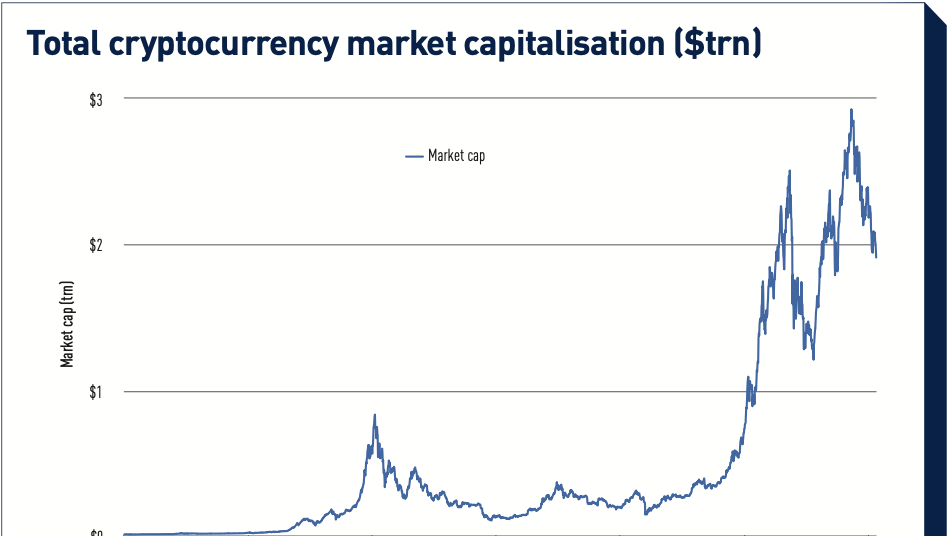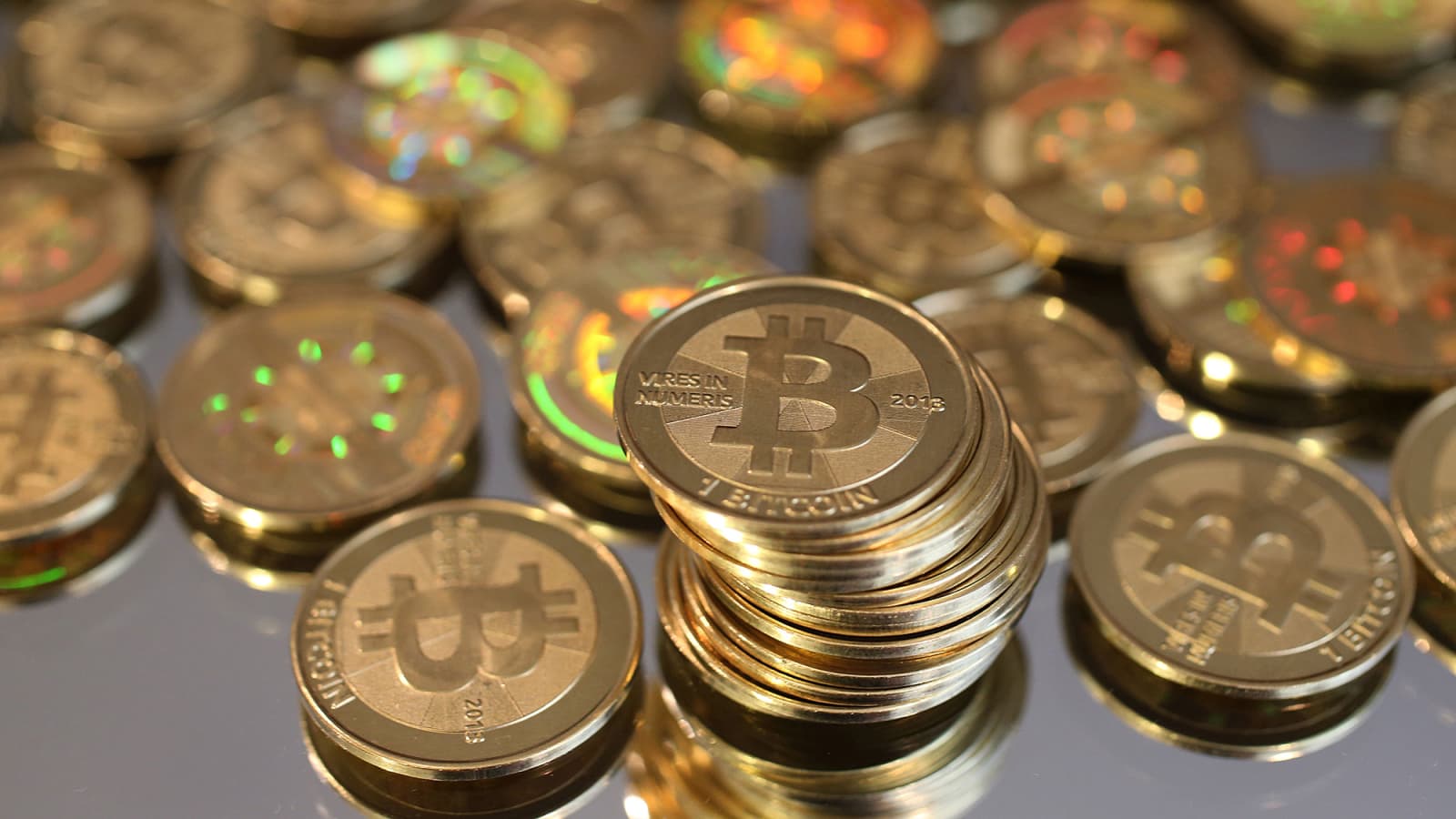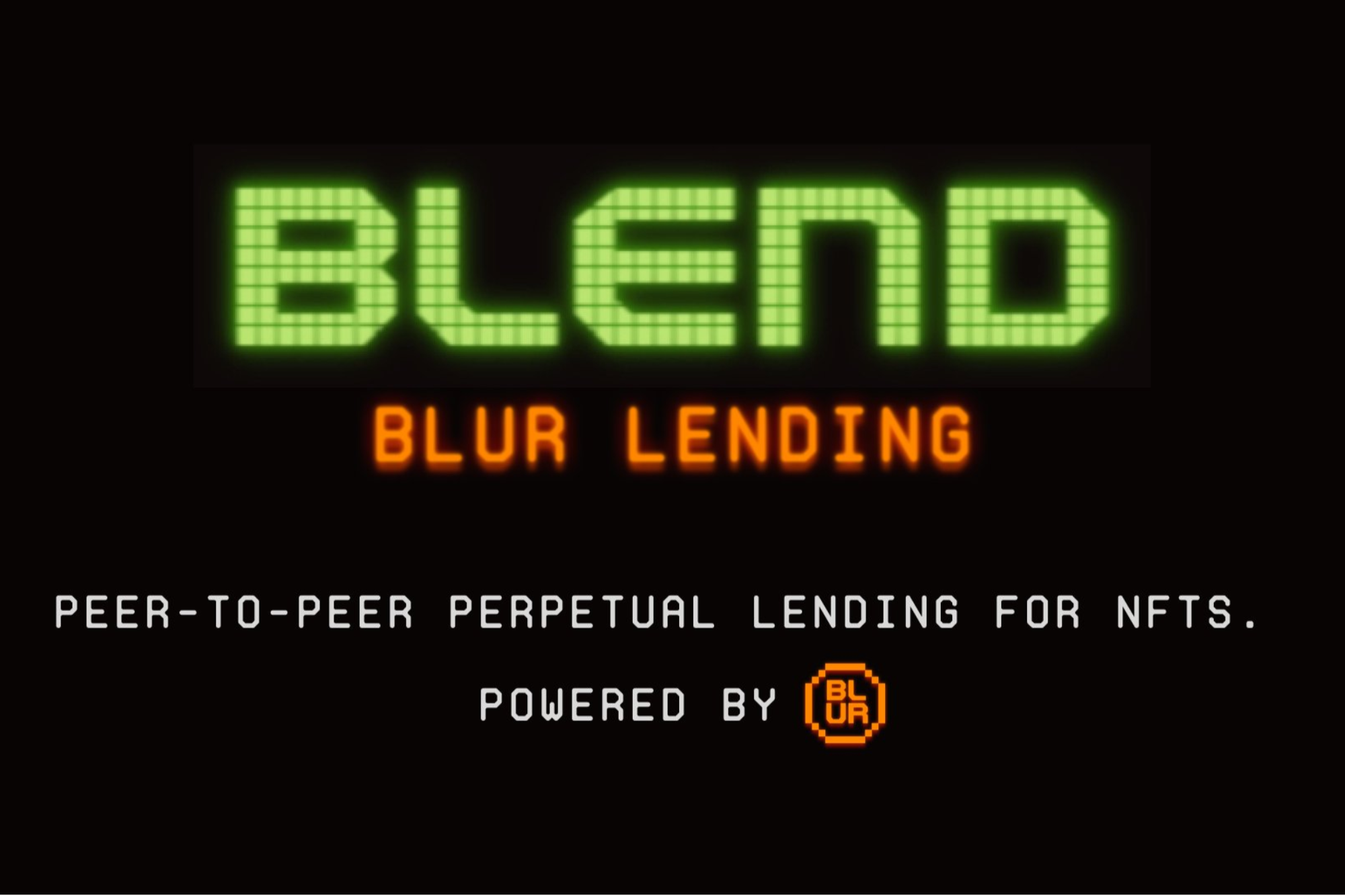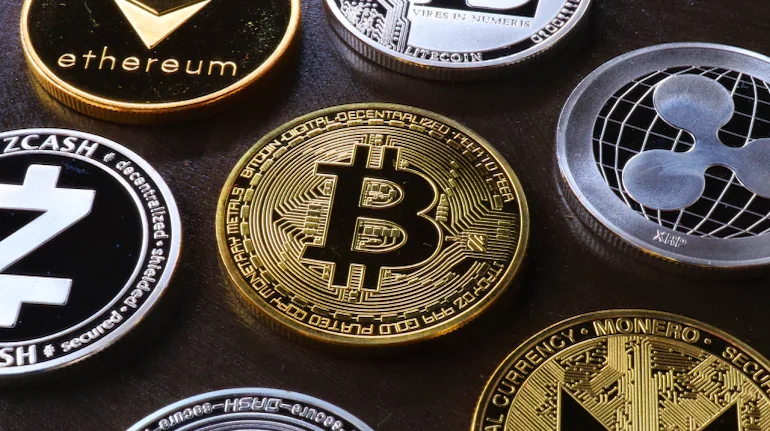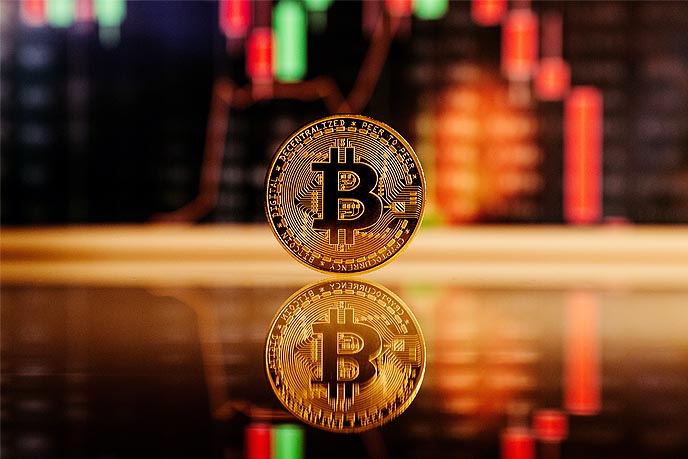Bitcoin Is No Different Than Money Systems Today, Except That It May Be Better
While Bitcoin Is No Different Than Money Systems, it is important to note that it is not without its drawbacks.
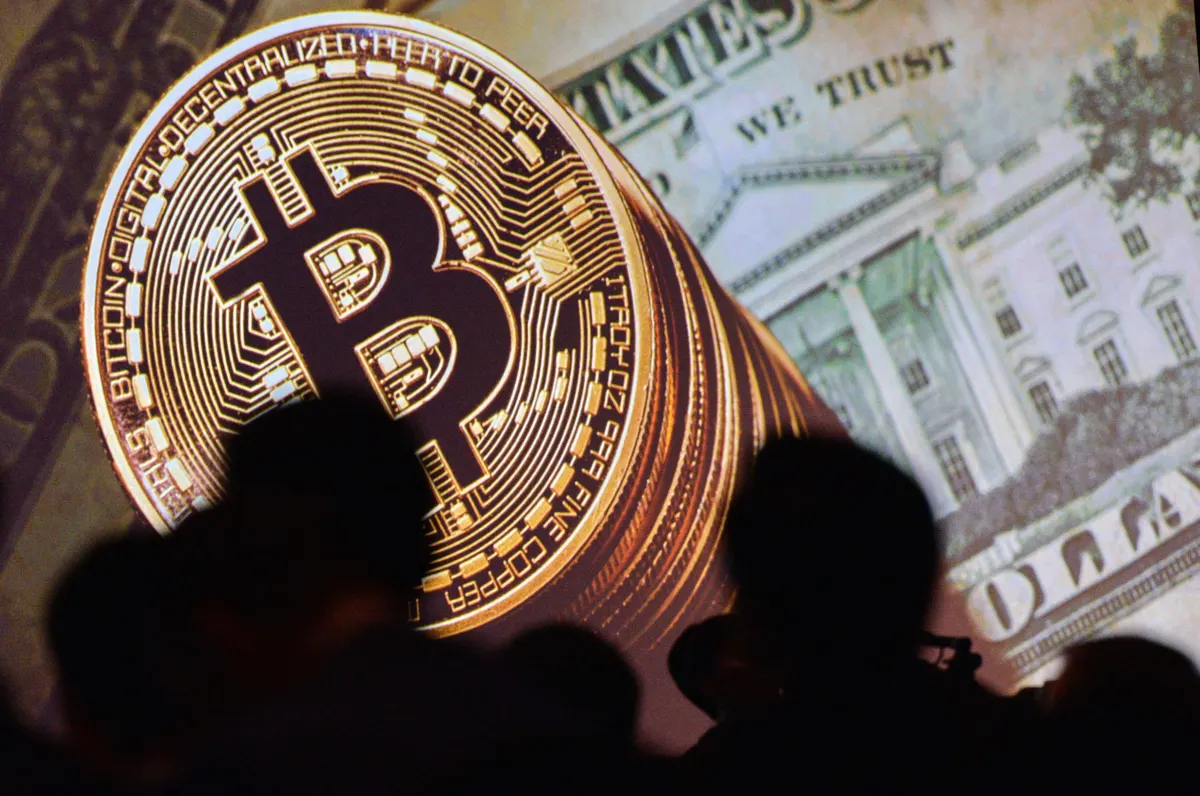
Bitcoin is a digital currency that?was created in 2009 by an anonymous person or group of people under the name?Satoshi Nakamoto. Bitcoin is decentralized, meaning?that?it is not subject to government or financial institution control.?Transactions are verified by network nodes through cryptography?and recorded in a public dispersed ledger called a blockchain.?Bitcoin Is No Different Than Money Systems often touted as a superior form of money to fiat currency, the traditional form of government-issued currency. While Bitcoin does have some advantages over fiat currency, it is important to note that it is not without its drawbacks.
Bitcoin vs. Fiat Currency
Bitcoin and fiat currency share many similarities. Both can be used to purchase goods and services, and both can be stored and transferred. However, there are also some key differences between the two.
One of the biggest differences is that Bitcoin is decentralized, while fiat currency is centralized. This means that Bitcoin is not subject to government or financial institution control. Fiat currency, on the other hand, is issued and controlled by central banks.
Another key difference is that Bitcoin is scarce, while fiat currency is not. Bitcoin has a fixed supply of 21 million coins, which means that it cannot be inflated by governments or central banks. Fiat currency, on the other hand, can be inflated by governments and central banks through monetary policy.
The Advantages of Bitcoin
Bitcoin has a number of advantages over fiat currency, including:
- Decentralization: Bitcoin is not subject to government or financial institution control. This means that users are in control of their own money and can use it without fear of censorship or confiscation.
- Scarcity: Bitcoin has a fixed supply of 21 million coins, which means that it cannot be inflated by governments or central banks. This makes Bitcoin a good store of value.
- Security: Bitcoin transactions are secured by cryptography and recorded on a public blockchain. This makes Bitcoin very resistant to fraud and counterfeiting.
- Transparency: All Bitcoin transactions are recorded on the public blockchain. This makes Bitcoin very transparent and accountable.
The Drawbacks of Bitcoin
Bitcoin also has a number of drawbacks, including:
- Volatility: Bitcoin is a very volatile asset, with prices fluctuating wildly. This makes it unsuitable for use as a day-to-day currency.
- Scalability: Bitcoin's network has limited transaction capacity. This means that transaction fees can be high during periods of high demand.
- Adoption: Bitcoin is not yet widely accepted as a form of payment. This means that it can be difficult to use Bitcoin to purchase goods and services.
Bitcoin is a new and innovative form of money with a number of advantages over fiat currency. However, it is important to note that Bitcoin is not without its drawbacks. Bitcoin is volatile, has limited scalability, and is not yet widely accepted.
Whether or not Bitcoin is a better form of money than fiat currency is a matter of opinion. Some people believe that Bitcoin's advantages outweigh its drawbacks, while others believe that the drawbacks are too great. Ultimately, it is up to each individual to decide whether or not they believe that Bitcoin is a better form of money.
Additional Thoughts
In addition to the advantages and drawbacks listed above, it is also important to consider the following when comparing Bitcoin to fiat currency:
- Bitcoin is a relatively new asset class, while fiat currency has been around for centuries. This means that Bitcoin is less well-understood and has less historical precedent.
- Bitcoin is not regulated by governments or financial institutions. This means that there is no government or financial institution to backstop Bitcoin or protect users from losses.
- Bitcoin is a global currency, while fiat currencies are typically limited to specific countries or regions. This makes Bitcoin more attractive to people who want to send or receive money internationally.
Ultimately, the decision of whether or not to use Bitcoin is a personal one. There are both advantages and disadvantages to consider, and each individual must weigh the risks and rewards before deciding whether or not to use Bitcoin.
What's Your Reaction?










